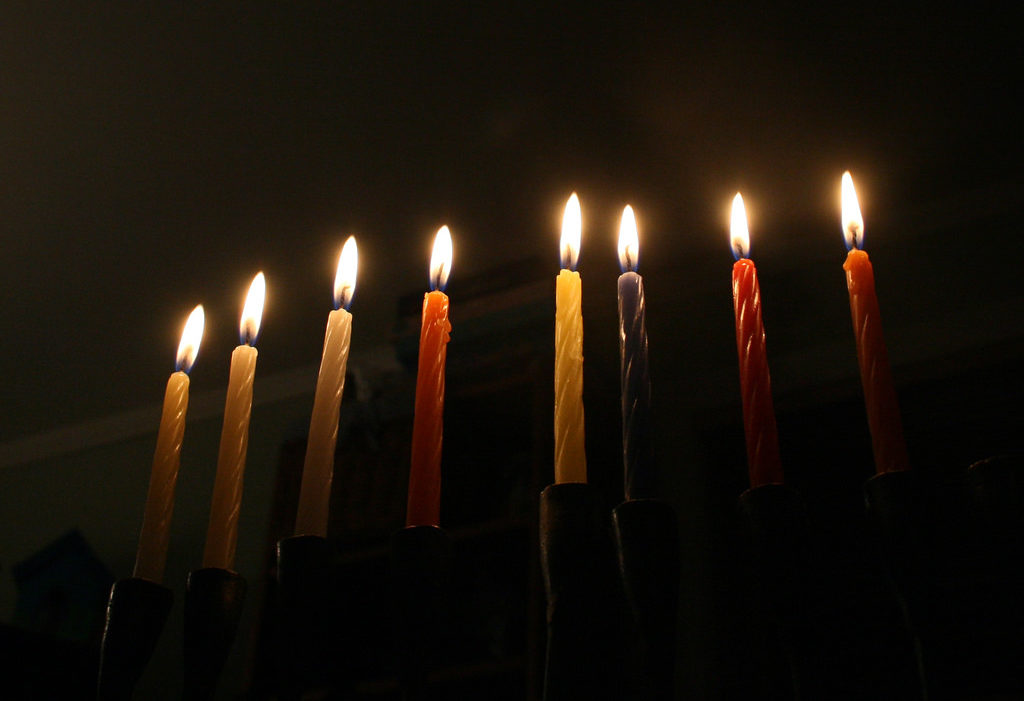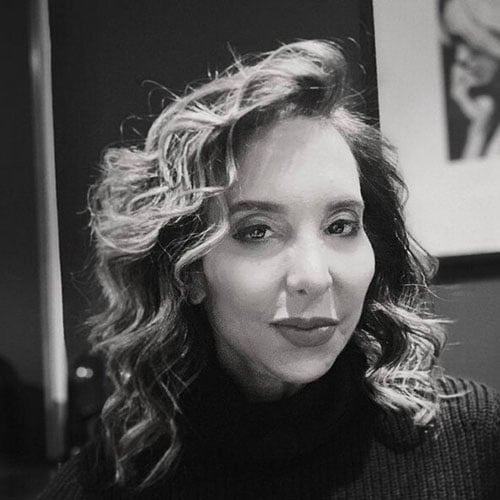
A couple of weeks ago, I had to do the seemingly unthinkable: take the popular video game Fortnite away from my 9-year-old son, Alexander. Like many parents have realized, Fortnite is not only mega-addictive, but it also causes players to rage at each other.
Not surprisingly, he pushed back. “But all of my friends still have it,” he argued. “I’m going to be the only one without it.” I responded with words that I realized I would no doubt use again and again in the coming decade. “You know,” I said, “when Mommy was in school, I never wanted to do anything just because everyone else was doing it. I’m not sure why: it just never felt right.”
After his initial protest, he surprisingly brought up Fortnite only a few times. He also began playing more creative games like Minecraft and even started writing a book with a friend. I began to think about why this transition was easier than I expected — and also why I had been a nonconformist from a young age. My parents never said those types of things to me.
On the start of Hanukkah on Dec. 2, Alexander and I prepared for the evening’s festivities with the music blaring and our Yemenite neighbors enthusiastically dancing. We were expecting a dozen boys, and I had brazenly told all the moms of Alexander’s friends that this was a screen-free party. I was a tad nervous about how the boys would occupy themselves without their devices in our New York City apartment for four hours, but I decided not to worry. Hanukkah has always been my favorite holiday, and nothing was going to undermine it.
At some point, a friend sent me an opinion piece that The New York Times published that day: “The Hypocrisy of Hanukkah.” The title was so surreally offensive I thought it had to be a parody. It wasn’t. The writer attempted to make the case that it was hypocritical for him, an assimilated Jew, to celebrate Hanukkah, a holiday that celebrates resisting assimilation.
“How do you pass the love of joy onto your children if you don’t allow yourself to experience it?”
In some ways, it’s an honest piece about secular Jews. But there is also a major flaw. It casts the Maccabees as religious fundamentalists, making no mention of how violently the Seleucid Empire persecuted the Jews for merely wanting to be Jews, for refusing to be Hellenized.
Ever since Alexander was a baby, I have said to him at bedtime what Mattathias said to his five sons before dying: “Hazak ve’amatz” — be strong and brave. I’ve told him that the Maccabees were the first superheroes, but in many ways they were also the first true individualists: They fought for our freedom to live as we choose.
Apocryphal or not, what Mattathias said to his sons is exactly what allows a person to become an individualist: bravery. Without bravery, one will naturally conform. Why? Because conformity is easy.
And when you think about it, nearly every story of Jewish history is about individualism. My parents didn’t need to give me a lecture on nonconformity because I was getting those values through the Bible stories — from Moses to Queen Esther.
There’s another part to this that Rabbi Jonathan Sacks speaks about so eloquently — finding light in the darkness. It is pivotal to the Hanukkah story and to so much of Judaism.
For me, if one can’t find light in the darkness, if one is constantly finding ways to dwell on the dark, one is going to have trouble experiencing real joy. Indeed, how do you pass the love of joy onto your children if you don’t allow yourself to experience it?
At our Hanukkah festivities, as the boys began to arrive, it was clear they were going to have no problem filling the time with nonscreen activities. I managed to have them light the first candle, and each took a turn reading about the Maccabees. But otherwise, they seemed delighted to almost literally bounce off the walls.
Toward the end of the evening, when Alexander surreptitiously changed the Spotify station from Hanukkah to heavy metal, I didn’t say a word. These 12 boys — from four religions — will forever connect the holiday with joy and irreverence. In today’s political and cultural atmosphere, nothing could make me happier.
Karen Lehrman Bloch is an author and cultural critic living in New York City.























 More news and opinions than at a Shabbat dinner, right in your inbox.
More news and opinions than at a Shabbat dinner, right in your inbox.